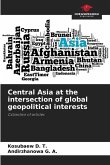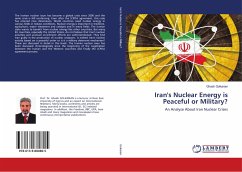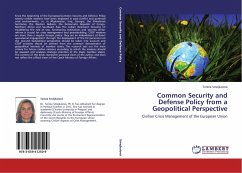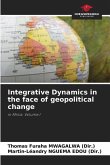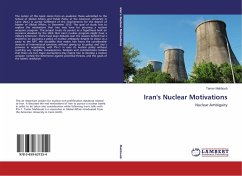With the collapse of the Soviet Union in the last decade of the 20th century, the world witnessed dramatic changes in its geo-political map; These fundamental changes, due to their special conditions, drew the attention of many countries and created new geopolitical competitions in the field of newly independent countries. What is particularly noteworthy about the countries that gained independence from the Soviet Union in relation to the Islamic Republic of Iran are the newly established republics beyond the north-eastern and north-western borders of the Islamic Republic of Iran in the two regions of the Caucasus and Central Asia. What is emphasized from these two regions in this thesis is the "Central Asia region" as a vast land in the west of the Asian continent. Central Asia usually includes the countries of Uzbekistan, Tajikistan, Turkmenistan, Kazakhstan, and Kyrgyzstan. Of course, to make this region more specific, Afghanistan, northeastern Iran (Khorasan), as well as the part of Xinjiang in western China and southern Siberia in Russia should also be added to the territorial component of Central Asia.
Bitte wählen Sie Ihr Anliegen aus.
Rechnungen
Retourenschein anfordern
Bestellstatus
Storno

